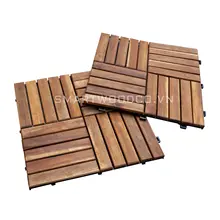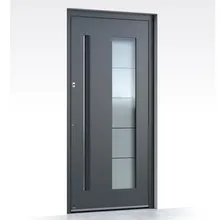Introduction to PU Panels
Polyurethane (PU) panels are a versatile and efficient solution for insulation and construction needs across various industries. As a category, PU panels encompass a range of products designed for thermal insulation, soundproofing, and structural stability. These panels are integral to modern construction, offering a balance between durability and performance.
Types and Applications of PU Panels
The utility of PU panels extends to numerous applications, from commercial refrigeration to insulated building systems. The core materials of these panels vary, with options including expanded polystyrene (EPS) and polyisocyanurate (PIR), each serving different insulation requirements. EPS panels are known for their lightweight and cost-effective insulation properties, while PIR panels offer enhanced fire resistance and thermal efficiency. These panels are commonly used in walls, roofs, and floors, providing a layer of insulation that helps maintain internal temperatures and reduce energy consumption.
Features and Materials
PU sandwich panels are constructed by sandwiching a layer of polyurethane foam between two rigid facers. This design not only provides excellent thermal insulation but also contributes to the structural strength of the panel. The facers, typically made of aluminum or steel, protect the core from environmental factors and enhance the panel's overall durability. The lightweight nature of PU foam panels makes them easy to handle and install, while their rigidity ensures they can withstand various loads and stresses.
Advantages of PU Panels
The advantages of using PU foam insulation panels are manifold. Their high insulation value contributes significantly to energy savings, making them an eco-friendly option for green building initiatives. Additionally, the fire-retardant properties of certain PU panels make them suitable for use in areas prone to high temperatures or where fire safety is a concern. The versatility of PU panels allows for their use in a wide range of climates, from extreme cold to intense heat, without compromising on performance.
Environmental Impact and Sustainability
Sustainability is a key factor in the production and application of PU panels. These panels contribute to the energy efficiency of buildings, reducing the carbon footprint over the structure's lifetime. Furthermore, the materials used in PU panels are often selected for their environmental compatibility, with many manufacturers focusing on reducing the ecological impact of their products.
Choosing the Right PU Panel
Selecting the appropriate PU panel for a specific application requires consideration of various factors, including thermal requirements, structural needs, and fire resistance. Alibaba.com hosts a comprehensive collection of PU panels to meet diverse industry needs, facilitating the connection between buyers and reputable suppliers. The platform's extensive range ensures that customers can find the suitable panel type for their project's unique specifications.










































 浙公网安备 33010002000092号
浙公网安备 33010002000092号 浙B2-20120091-4
浙B2-20120091-4